Isotech offers a full range of Fiber, C02, UV, Green, MOPA, Nanosecond, Picosecond and Femtosecond laser systems for marking, cutting and welding of many substrates. Isotech offers both standard systems as well as fully automated or custom systems depending on your specific requirements. Integrated, automated solutions with conveyors, palletized pick and place, rotary dial tables, hoppers, and...

At Boss Laser, we are a leading provider of industrial-grade laser cutting and engraving machines for a wide range of applications. Our machines are built with precision, durability, and efficiency in mind, designed to provide our customers with the most advanced technology available in the market.
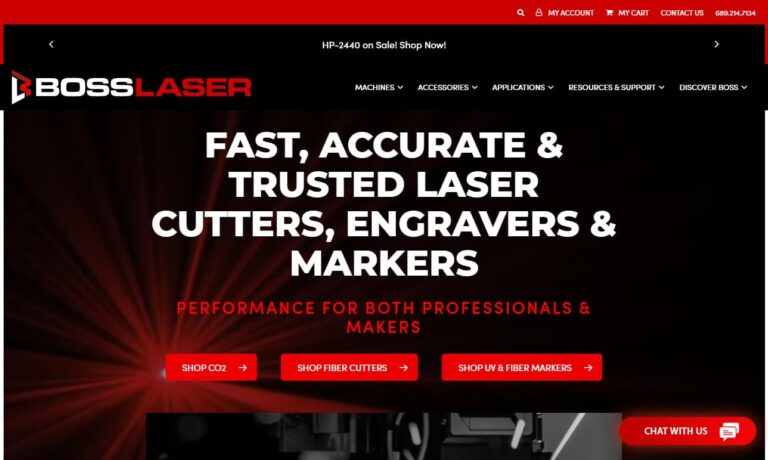
At LNA Laser Technology, we specialize in delivering advanced laser solutions tailored to meet the evolving needs of modern manufacturing and precision processing. As pioneers in laser integration, we combine engineering expertise with a deep understanding of laser systems to develop customized applications that enhance productivity, accuracy, and operational efficiency.
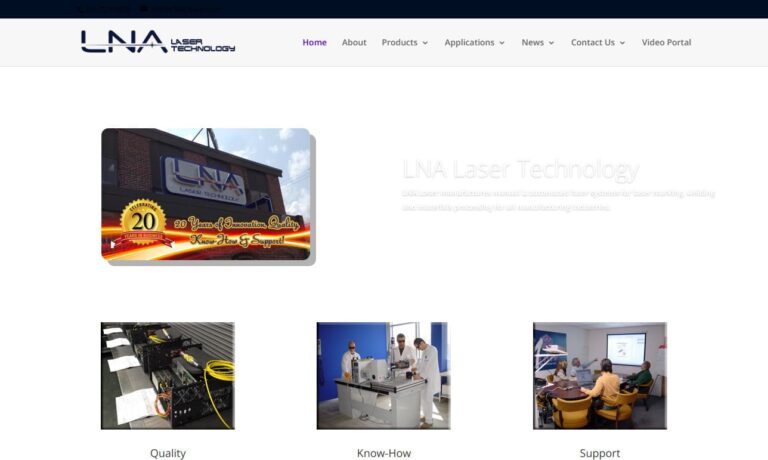
Laser Marking Technologies LLC engineers laser systems for the medical, manufacturing, and automotive industries. We provide you cutting-edge technology at competitive prices. We are making innovative strides with fiber lasers, 3D printing tech, and automation capabilities that optimize manufacturing processes. Visit our site today to learn more about what our laser expertise can do for you.

At Tecnar Automation, we specialize in developing advanced laser-based technologies that empower manufacturers to achieve greater precision, control, and efficiency in their production processes. Since our founding, we’ve dedicated ourselves to pushing the boundaries of industrial measurement and inspection through robust, real-time solutions designed for the most demanding environments.
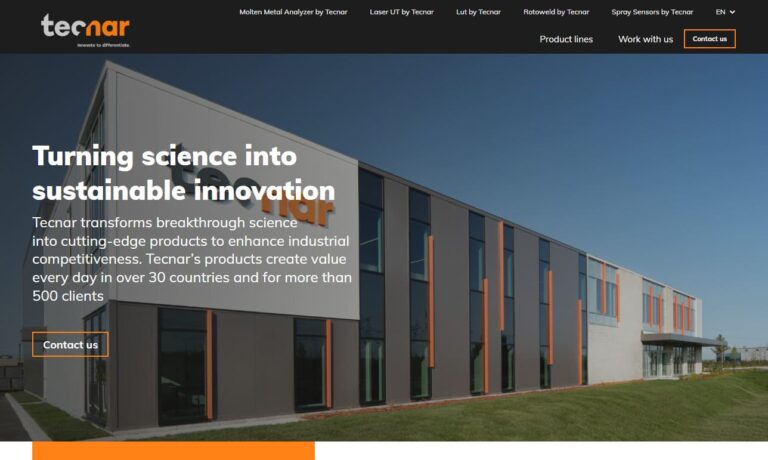
If your business has a challenging component to mark on, our team at Automark will help you solve the problem. We supply laser and marking systems for a multitude of industries. Our team of engineers is ready and willing to tackle any of your challenging assignments. If you have any questions feel free to give us a call and a representative will speak with you today!

More YAG Laser Manufacturers
YAG lasers can be used for cutting sheet metal and thin metal tubing as well as for light welding purposes. YAG lasers, like many other laser varieties, are also excellent tools for engraving and etching. In applications like computer components manufacturing in which etching is often called for, but in which contact with heavy etching machinery could damage the component, YAG lasers offer an effective etching method in which no contact between components and machinery take place.
An etching created by a YAG laser can be as shallow as a few micrometers. YAG lasers can also be used for boring to a limited extent. In healthcare settings, YAG lasers can be used for wart removal, the creation of small, sterile incisions in soft tissue and for skin resurfacing. Dentists also make wide use of YAG lasers and other laser configurations during porcelain tooth implantation procedures.
Laser is an acronym for light amplification by stimulated emission of radiation. All laser systems are light amplification and focusing systems that generate light by stimulating the emission of radiation (one form of which is light) from a gain medium. Gain media are solid, liquid or gaseous materials that emit light radiation when stimulated with electricity. Different gain media emit radiation at different intensities and wavelengths, and the properties of the light one gain medium produces may be very different from the properties of another gain medium's emissions.
YAG lasers, for example, are characterized by a much lower wavelength than CO2 lasers; for this reason, a YAG laser will affect a material differently than will a CO2 laser. YAG lasers are doped with a rare-earth material, typically either neodymium or erbium. Doping is the process of combining gain media with additives that make stimulated emission possible. Nd:YAG lasers, which are doped with neodymium, are the most common YAG lasers, though erbium YAG lasers are sometimes more appropriate.
In clinical laser wart removal, for example, erbium YAG lasers were shown to kill the DNA of HPV, an infectious disease, which is sometimes released in vapor produced during wart removal; this can reduce the risk of clinicians becoming infected with the virus. Nd:YAG lasers, however, were not shown to neutralize the virus.


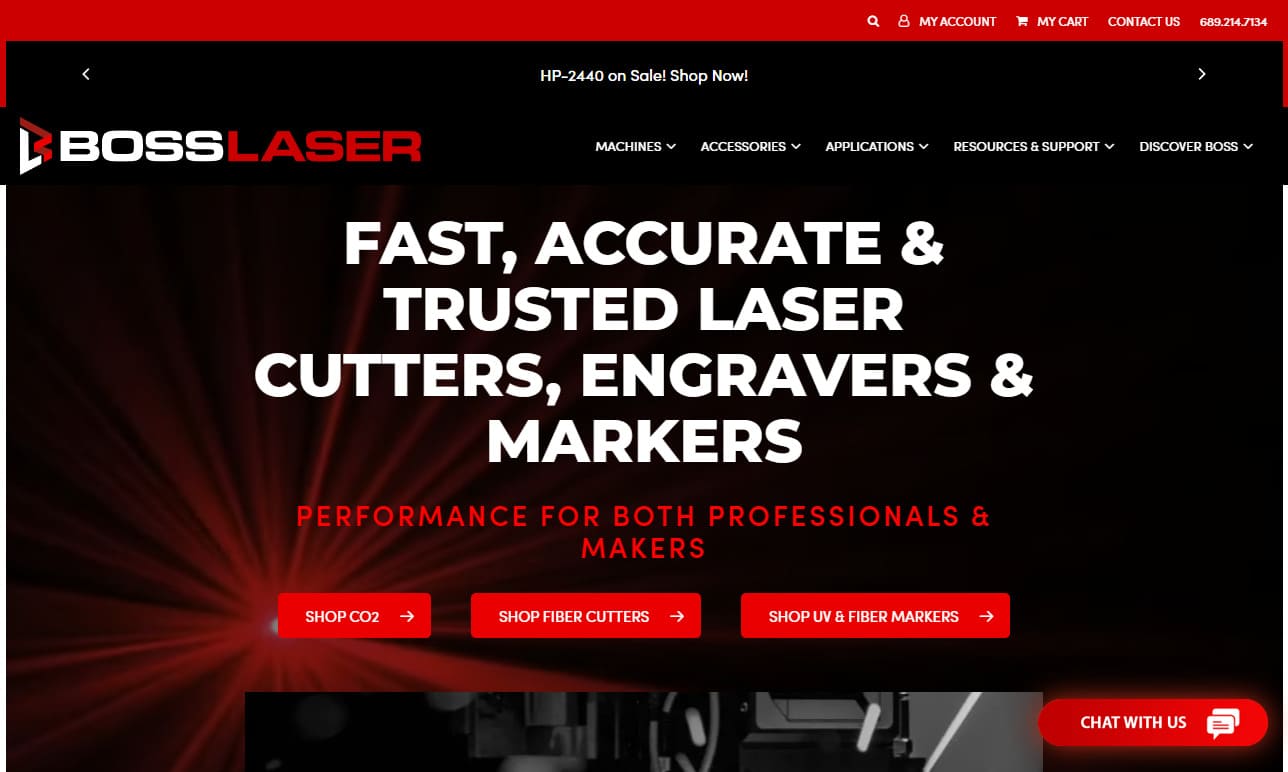
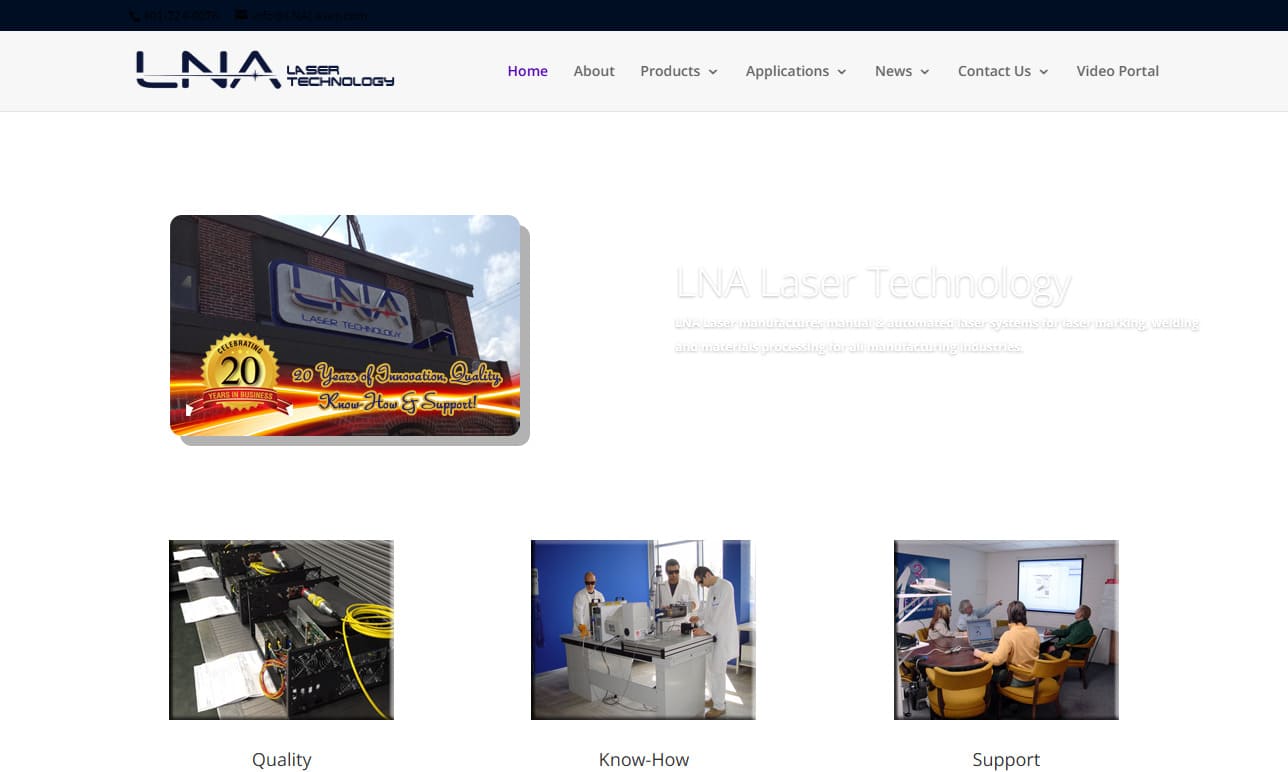

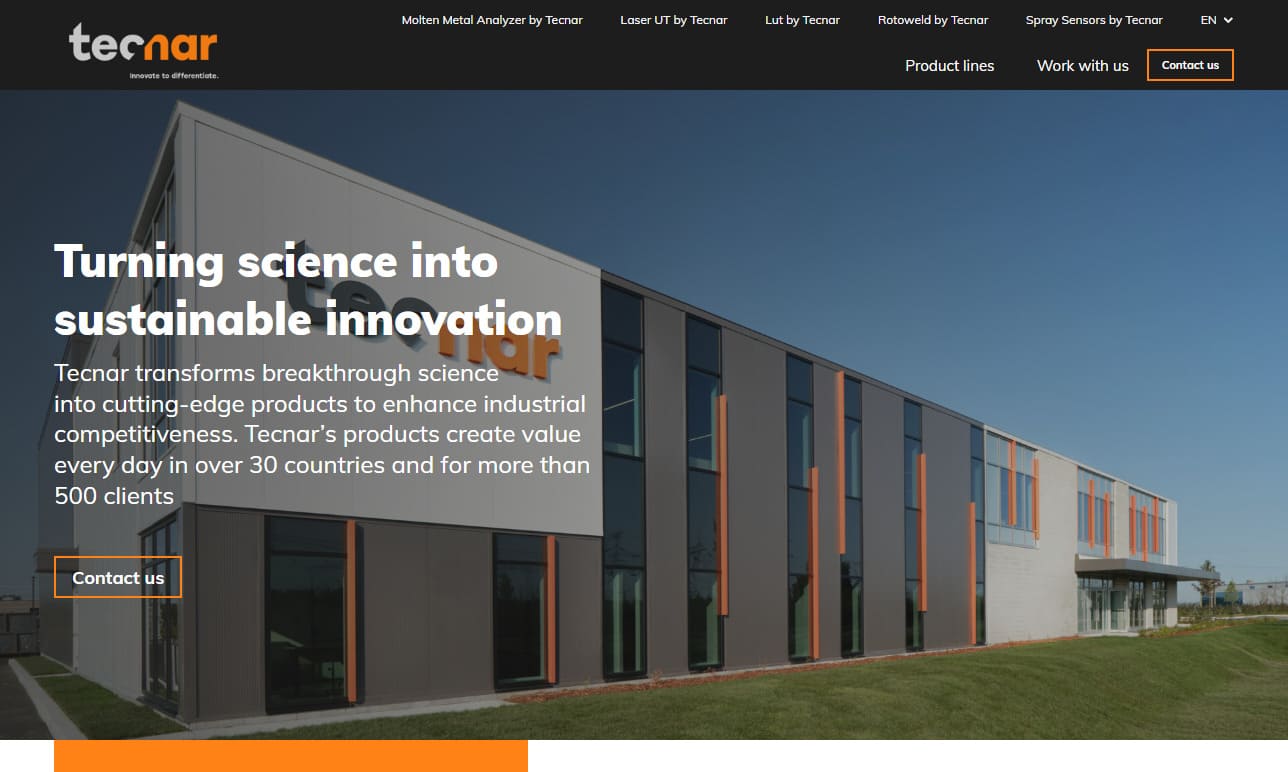

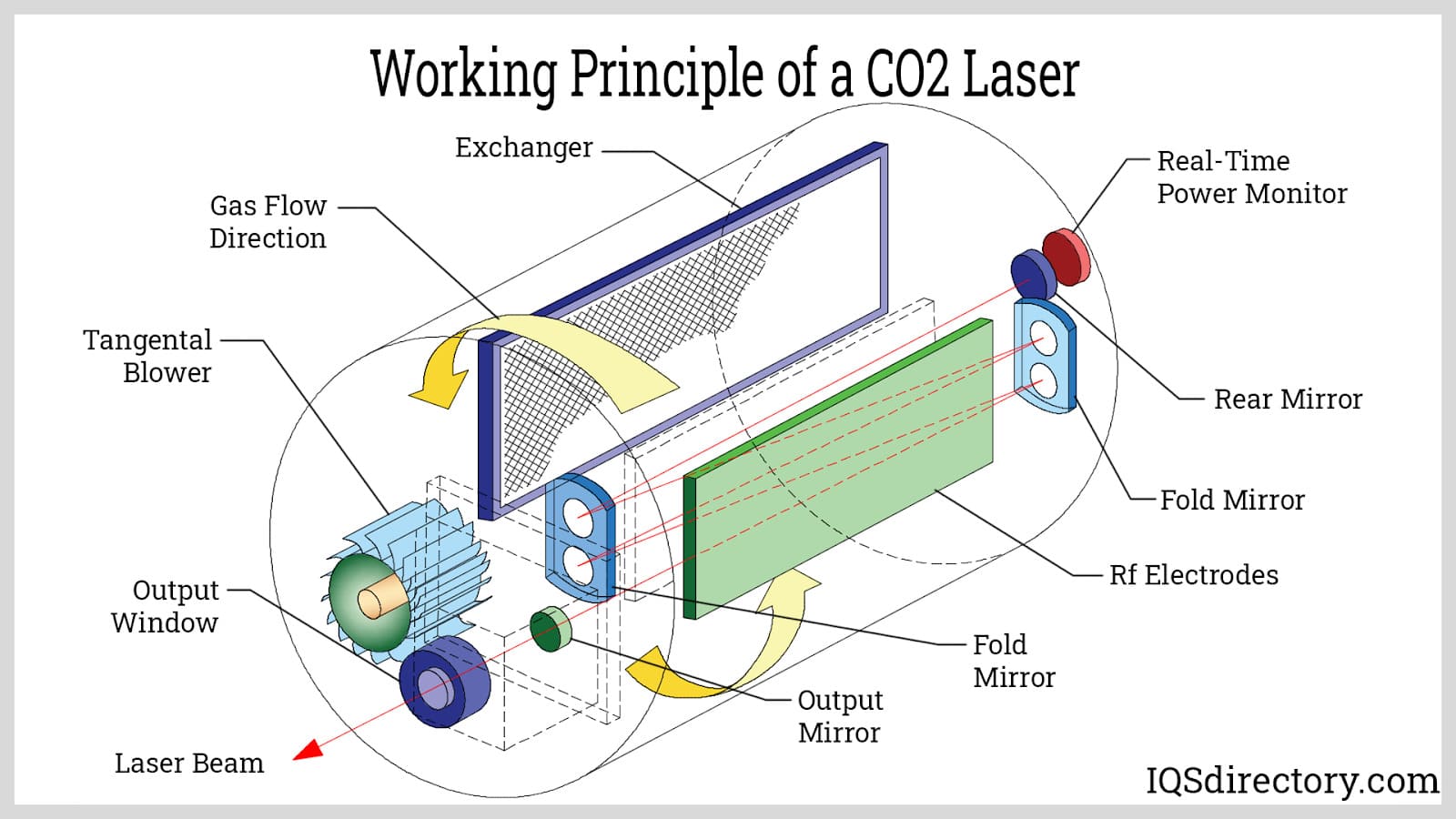
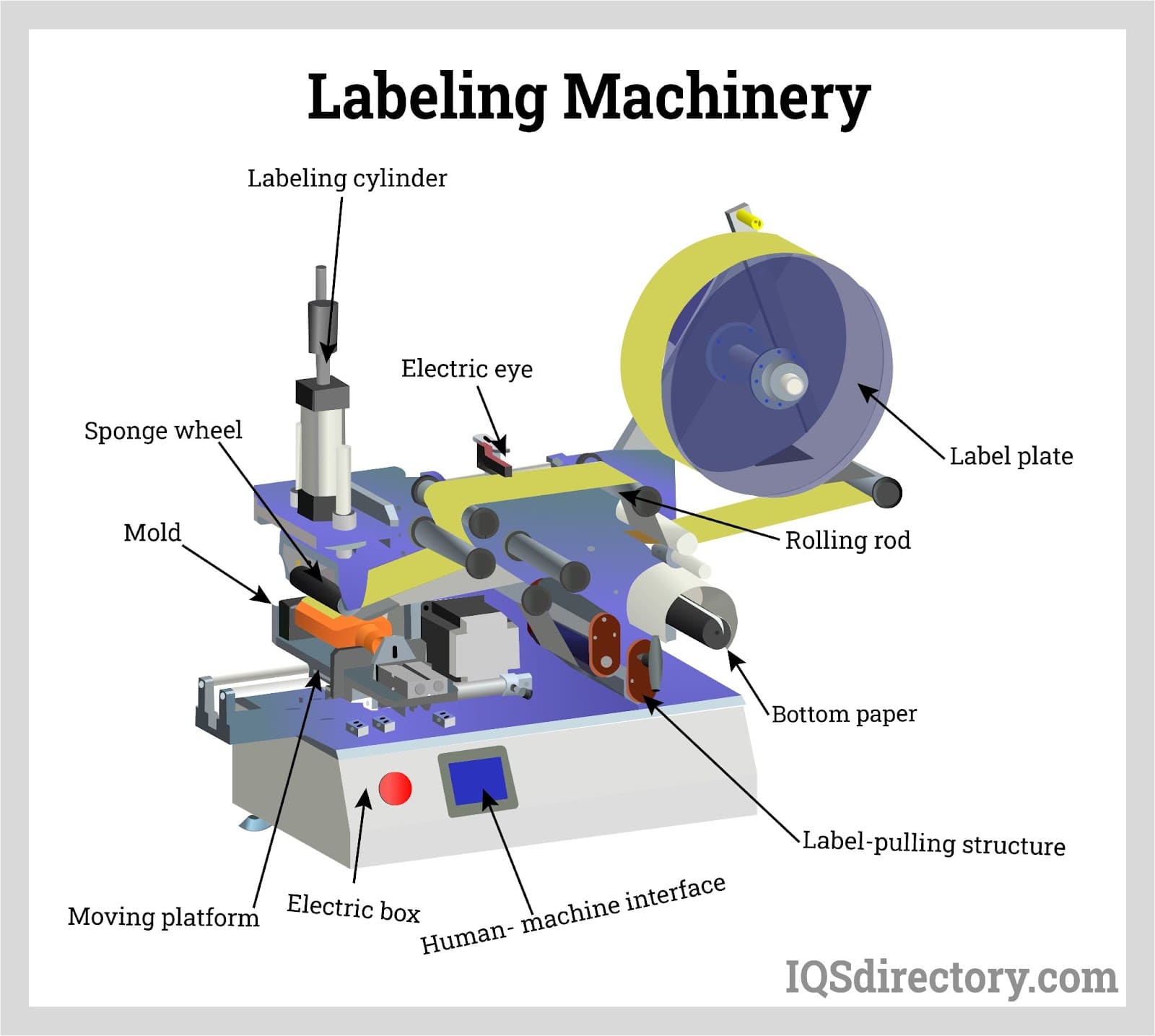
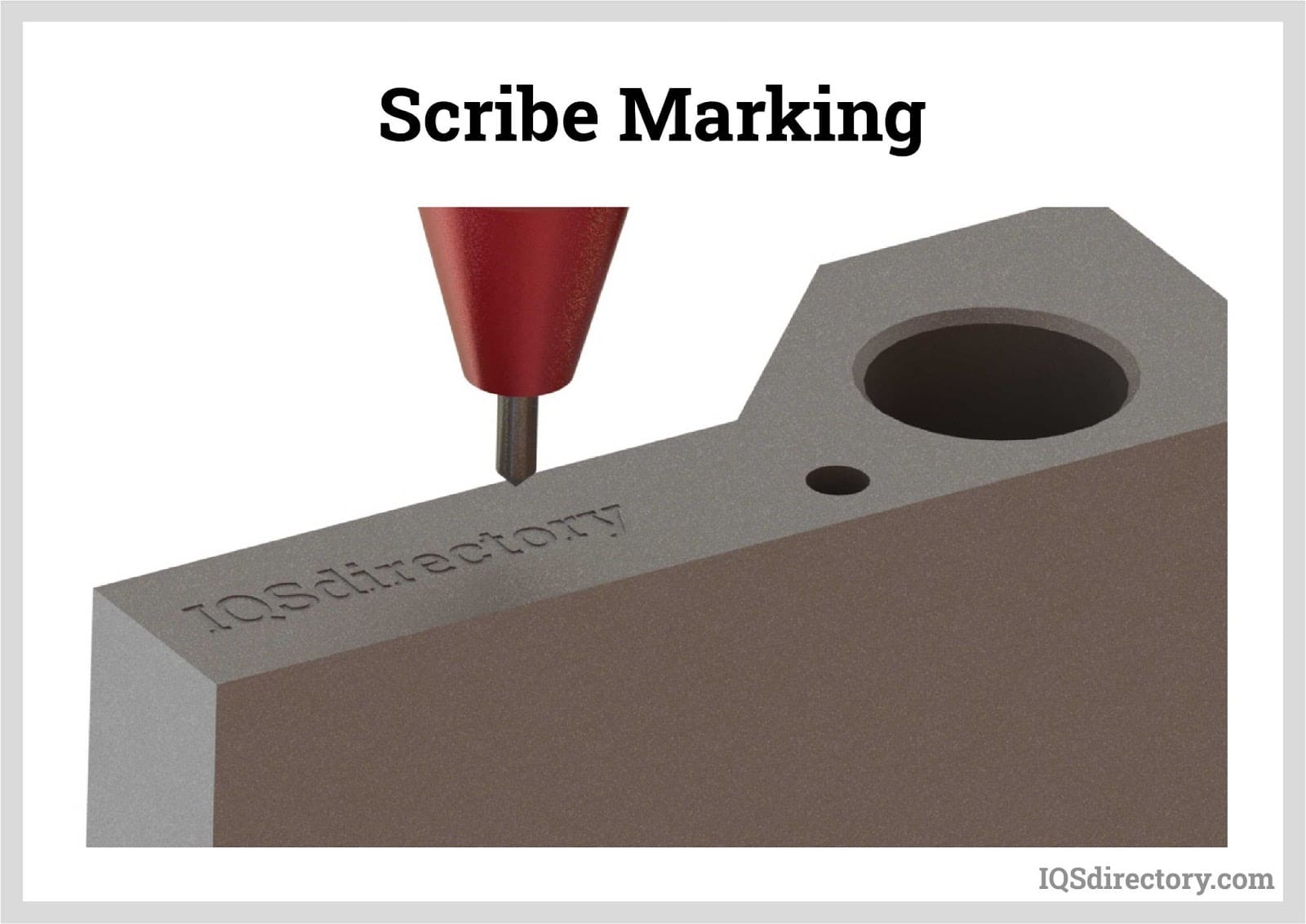
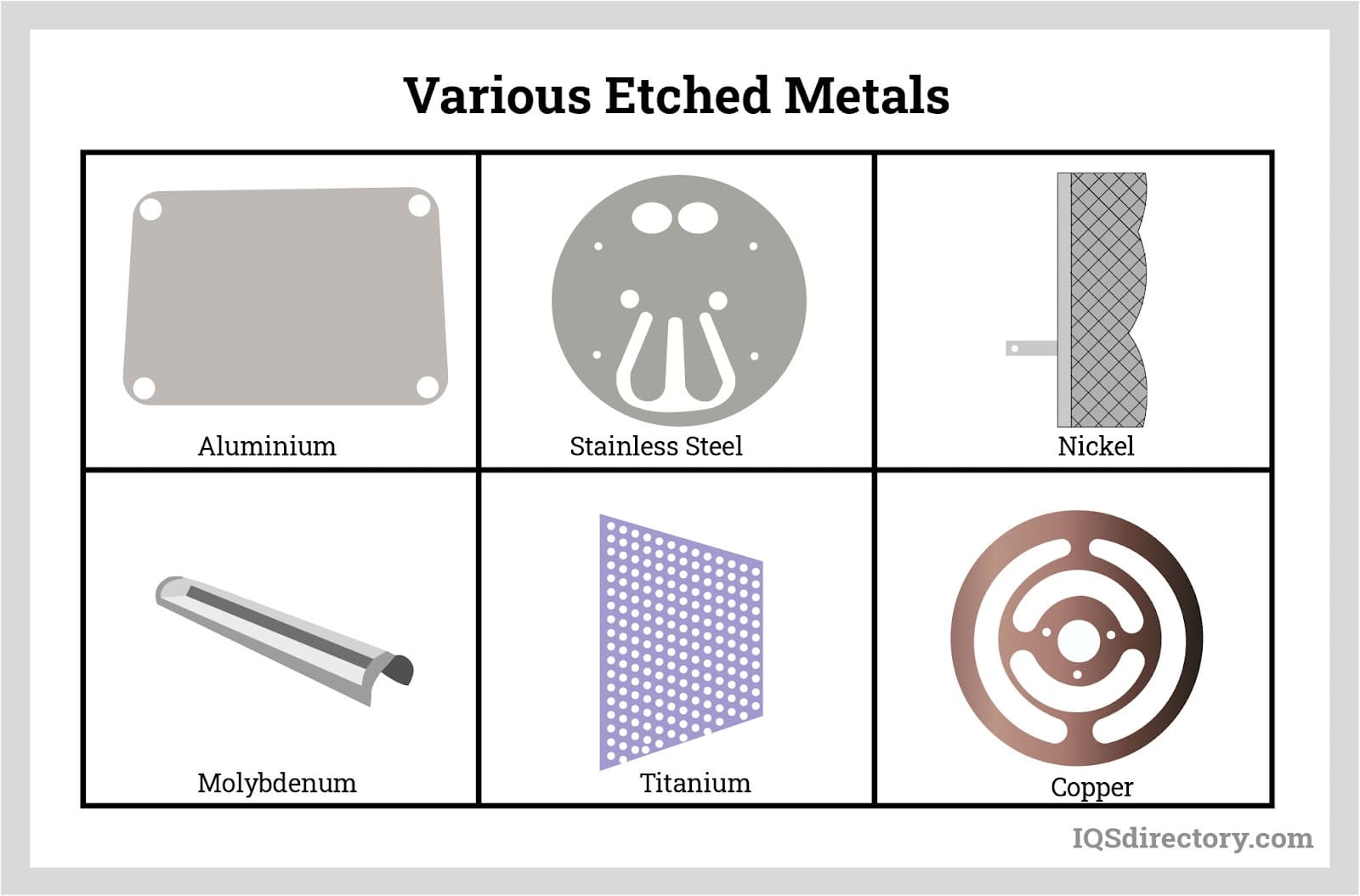
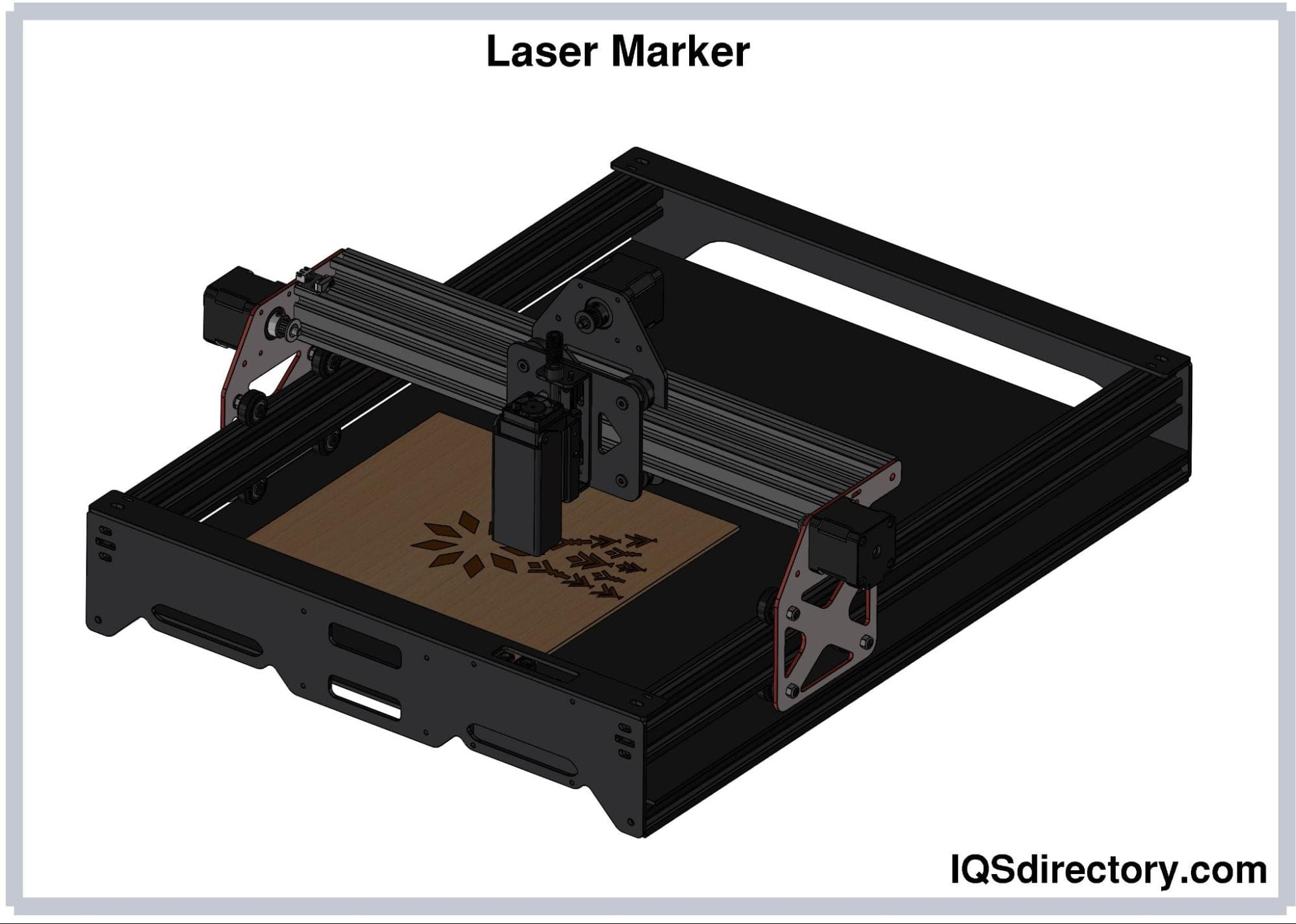
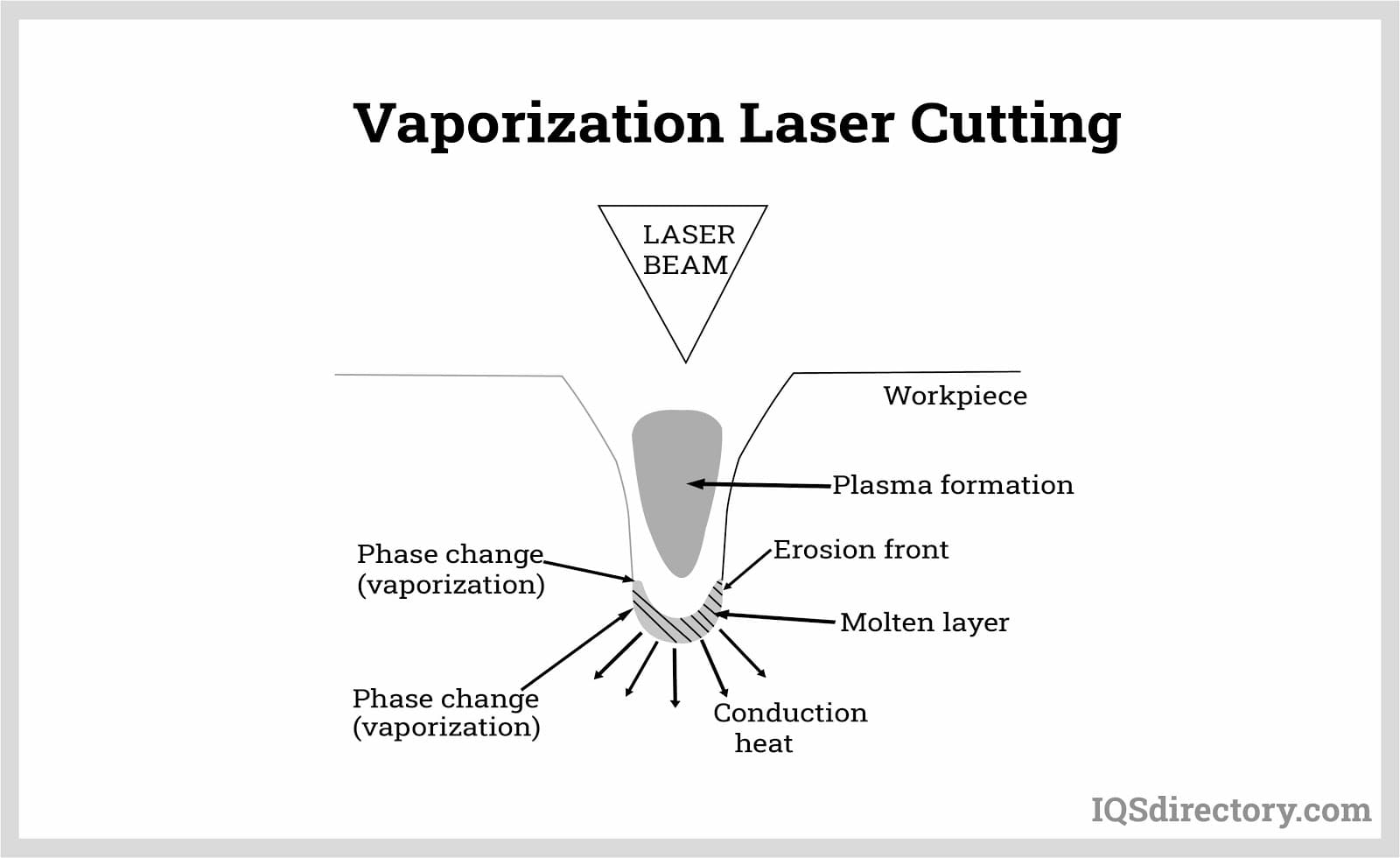
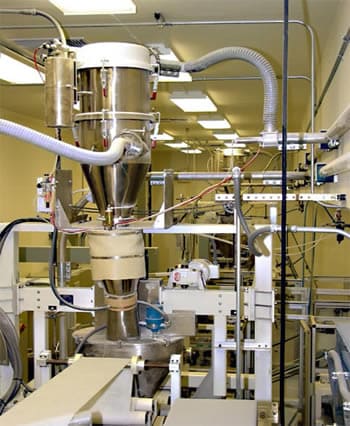 Automation Equipment
Automation Equipment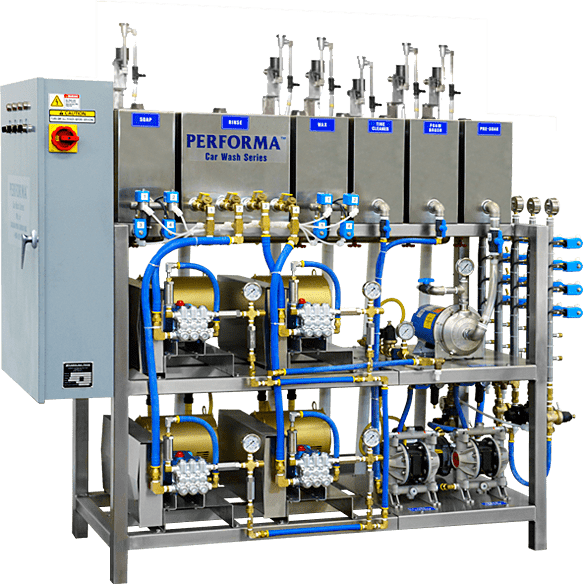 Car Wash Equipment
Car Wash Equipment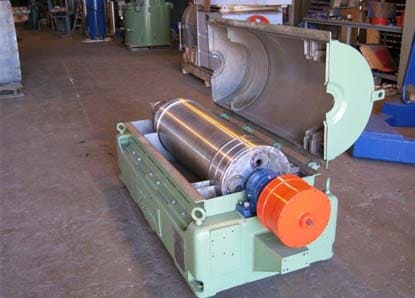 Centrifuges
Centrifuges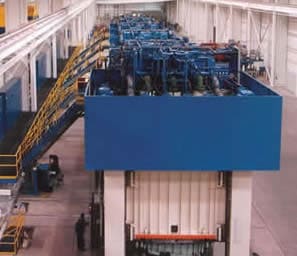 Hydraulic Presses
Hydraulic Presses Lasers
Lasers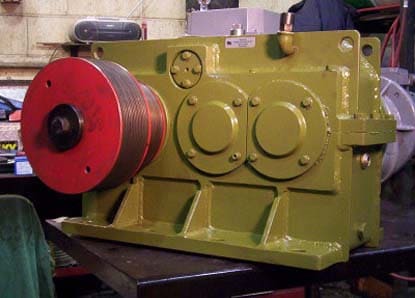 Machinery Rebuilders
Machinery Rebuilders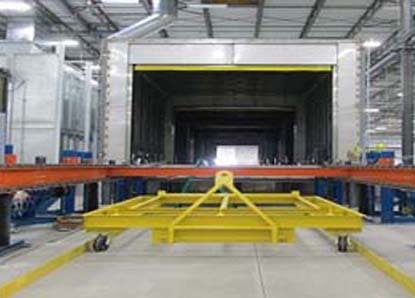 Paint Finishing Equipment
Paint Finishing Equipment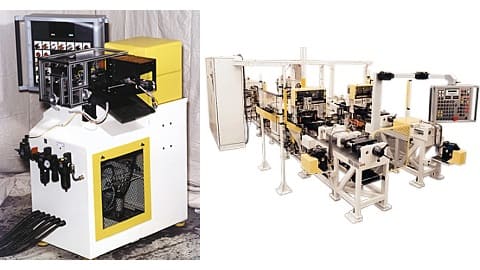 Tube Forming Machines
Tube Forming Machines Castings & Forgings
Castings & Forgings Bulk Material Handling
Bulk Material Handling Electrical & Electronic Components
Electrical & Electronic Components Flow Instrumentation
Flow Instrumentation Hardware
Hardware Material Handling Equipment
Material Handling Equipment Metal Cutting Services
Metal Cutting Services Metal Forming Services
Metal Forming Services Metal Suppliers
Metal Suppliers Motion Control Products
Motion Control Products Plant & Facility Equipment
Plant & Facility Equipment Plant & Facility Supplies
Plant & Facility Supplies Plastic Molding Processes
Plastic Molding Processes Pumps & Valves
Pumps & Valves Recycling Equipment
Recycling Equipment Rubber Products & Services
Rubber Products & Services